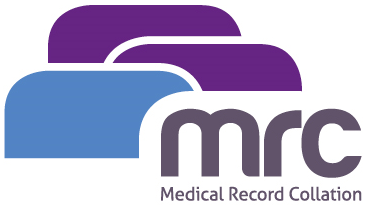On Wednesday, after trudging through the snow, I attended The Clinical Negligence Debate at The Midland Hotel in Manchester. The event was chaired by Simon Readhead QC and brought together a line-up of expert speakers from the legal and medical worlds.
The key theme this year was cost. Peter Walsh from AvMA started the morning with ‘Is it right to blame defendants for rising costs?’ and later in the day Mike McKenna from Hill Dickinson talked about ‘Will a rise in healthcare costs lead to a rise in claims?’
As a former nurse I enjoyed listening to Mike McNicholas, a knee surgeon at Aintree University Hospitals NHS Foundation Trust. His session was titled ‘Have changes to consent affected surgeon’s approach to care?’ He and his fellow panellists (Andrew Axon from Parklane Plowden and Jim Watts, a Consultant in Anaesthesia and Critical Care at East Lancashire Hospitals NHS Trust) then took questions and a healthy debate ensued. Although it was widely accepted that consenting a patient properly for any procedure takes time (and should ideally be carried out over more than one appointment), it was also accepted that doctors’ very tight schedules rarely allow for this. It was therefore encouraging to hear clinicians say that they still took the time they felt was needed even though this meant running late (and starting work even earlier!) A point made during the debate (and something that I was thinking at the same time) was that they, as senior consultants, feel confident taking this extra time – but their junior colleagues might not. The outcome in that scenario is that some patients may have surgery without fully understanding the possible implications.
But the session that resonated most was ‘Mediation: damp squib or ready for take-off?’ Listening to Quentin Smith (full-time independent mediator and previous litigator) my overwhelming feeling was, “It’s so obvious! Why isn’t mediation initiated in more clinical negligence cases?” Quentin was then joined by James Bell, from Hodge, Jones & Allen, Andrea Barnes from Trust Mediation and Vicky Morris from Weightmans. It was a fascinating debate and whilst mediation may not be suitable in all cases, surely it should be considered in most? Maybe it’s the nurse in me, but thinking as a patient’s advocate – why wouldn’t the harmed person feel a whole lot better being listened, and maybe apologised, to? Simply as one human being to another?
